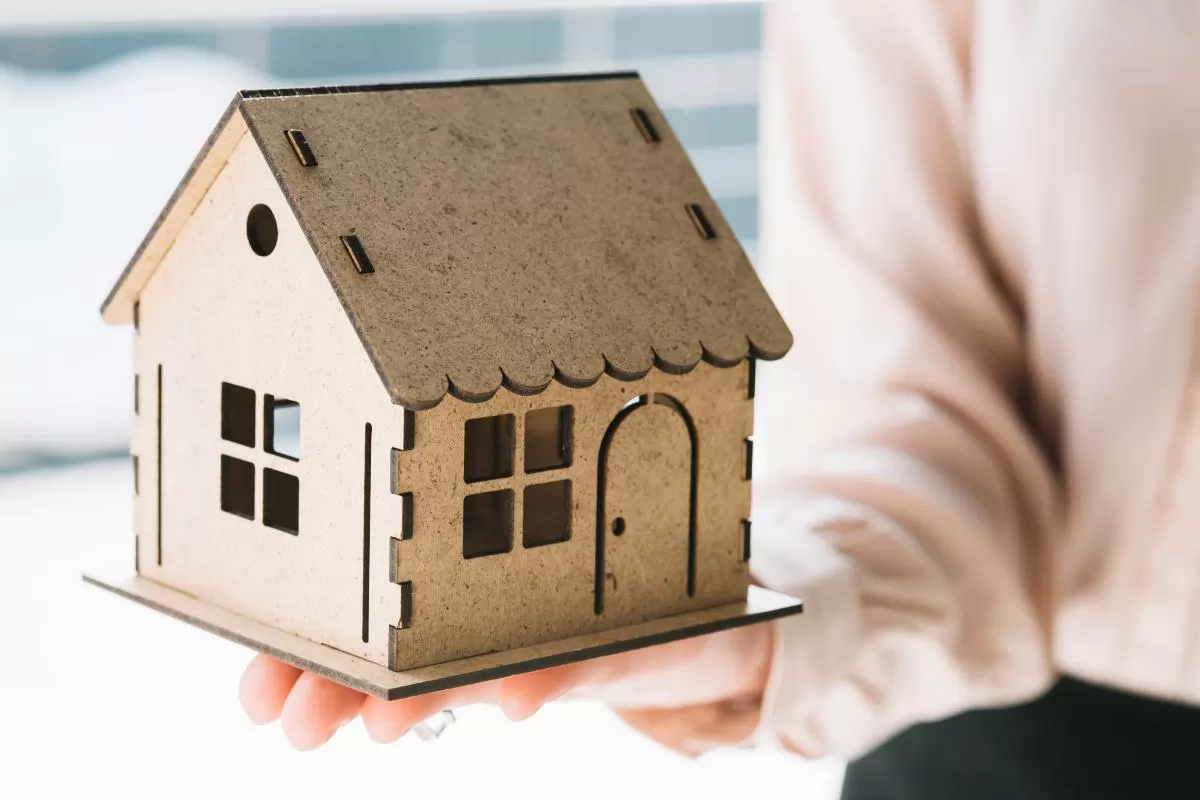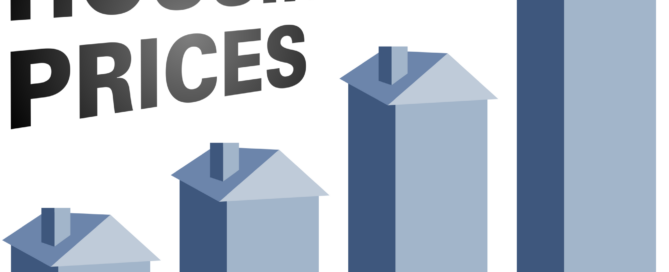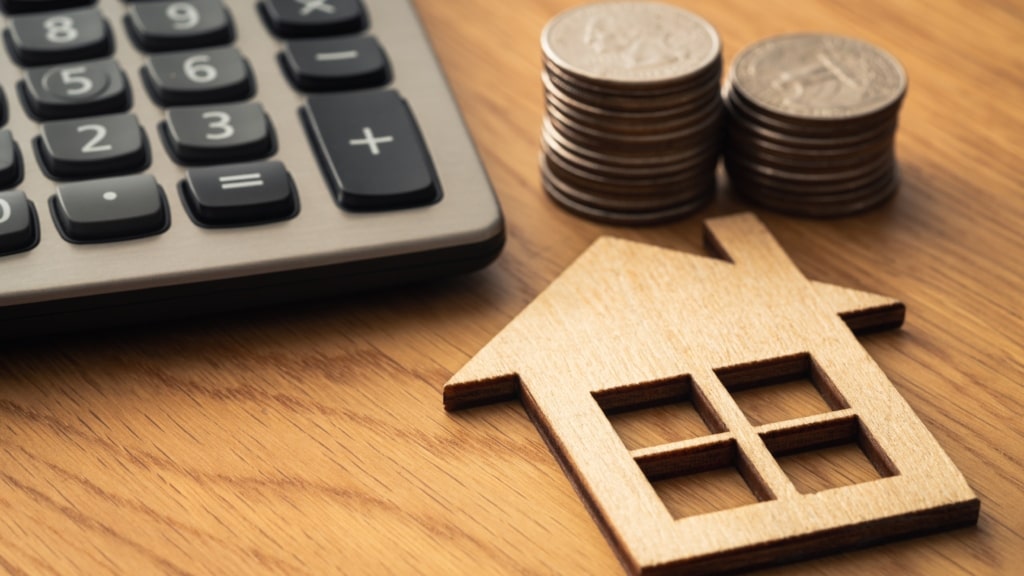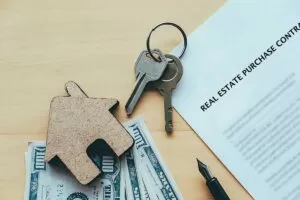Understanding what determines the value of a property is essential for anyone looking to purchase, sell, or invest in real estate across the UK. Property valuation is far more than a simple number; it’s influenced by a complex interplay of location, condition, demand, legal factors, and even the time of year. While two properties may appear nearly identical on paper, subtle differences can lead to widely varying market values. This in-depth guide studies the essential elements that affect property valuation in the UK housing market and provides practical insights to help you make confident, informed decisions.
Seasonal Trends: Timing the Market to Your Advantage
One of the most overlooked yet influential factors in property valuation is the season a home is listed. In the UK, the property market tends to follow a cyclical pattern:
- Spring (March to May): Often regarded as the best time to sell, this period sees higher buyer activity, pleasant weather, and blooming gardens that enhance curb appeal.
- Summer (June to August): Still strong, but family holidays and school breaks can slightly reduce activity.
- Autumn (September to November) is a good second window before winter, with motivated buyers looking to move before Christmas.
- Winter (December to February): The quietest season, where fewer listings and buyers mean lower competition and potentially lower offers.
Listing your property during peak seasons can boost visibility and lead to faster, more competitive offers.
Property Condition: First Impressions and Long-Term Value
The overall condition of your property is a fundamental driver of its valuation. A well-maintained, aesthetically pleasing home attracts more buyers and justifies a higher asking price.
Key factors impacting valuation include:
- Structural soundness: No cracks, subsidence, or roof issues
- Cleanliness and decor: Neutral tones and clutter-free spaces help buyers imagine themselves in the home
- Fixtures and fittings: Modern kitchens and bathrooms significantly raise perceived value
- Exterior presentation: A tidy garden, clean windows, and a welcoming entrance significantly improve kerb appeal
Pro Tip: A fresh coat of paint, minor repairs, and professional cleaning can offer one of the best returns on investment.
Location: The Core of Property Value
“Location, location, location” isn’t just a saying; it’s one of the most powerful influences on property price.
Property Buyers are often ready to pay a premium for properties that offer:
- Proximity to top-rated schools
- Excellent transport links (rail, tube, buses)
- Access to green spaces, shops, restaurants, and healthcare
- Low crime rates and well-maintained public areas
Both tangible and emotional factors shape neighbourhood desirability. A vibrant, well-connected area with a community feel often translates to stronger buyer interest and sustained price growth.
 Professional assessing home market price
Professional assessing home market price
Neighbourhood Profile and Local Amenities
Beyond physical location, the surrounding neighbourhood is critical in shaping valuation. Homes in quiet, clean, and family-friendly areas consistently outperform those in noisy or neglected zones.
Desirable neighbourhood features include:
- Good local schools
- Leisure facilities (gyms, parks, cinemas)
- Public cleanliness and street maintenance
- Friendly community atmosphere
Buyers increasingly seek lifestyle and location, making local amenities and ambience as vital as square footage.
Demand and Market Conditions
The law of supply and demand is always at play in property valuation. Competition drives up prices in highly sought-after areas with limited housing stock. Conversely, valuations stagnate or fall if the market is saturated or demand is low.
Factors that shape demand include:
- National economic confidence
- Local employment levels
- Interest rates and mortgage accessibility
- Government incentives (e.g. Help to Buy schemes)
Tip for Sellers: Monitor average selling times, recent sales prices, and housing stock turnover in your area. This helps you set a sensible asking price based on current market appetite.
Comparable Sales: Benchmarking Realistic Value
To assess the market value, estate agents and surveyors rely heavily on recent local property sales. These “comparables” or “comps” involve properties similar in:
- Size and layout
- Age and condition
- Location and street appeal
If three similar homes on your road recently sold for £450,000, you’ll unlikely fetch £500,000 without a significant upgrade.
What to do: Review recent Land Registry data or ask your estate agent for a comprehensive market analysis.
Economic Conditions and Lending Climate
Broader economic health directly affects property values. Key macroeconomic indicators include:
- Interest rates: Lower rates increase affordability, fuelling buyer demand and pushing up prices
- Inflation: Impacts construction costs and the real value of money
- Employment figures: Strong job markets support buyer confidence and mortgage approval
Expert Insight: Buyers are more cautious during high-interest rate periods. If you’re selling, be prepared for extended timelines or offers below the asking price.
Legal Clarity and Development Potential
 Understanding what affects UK property value
Understanding what affects UK property value
Legal security plays a significant role in buyer confidence and market valuation. Outstanding disputes, missing planning permissions, or unclear ownership issues can deter buyers and lower value.
Properties with approved planning permission, particularly for:
- Extensions
- Loft conversions
- Outbuildings or annexes
…are usually valued higher due to their added future potential.
Tip: Ensure all certificates, deeds, and council approvals are in order before listing your home.
Energy Efficiency and Eco-Friendly Features
Energy-efficient homes are in high demand with rising energy costs and environmental concerns.
Buyers now actively seek properties with:
- Double or triple-glazing
- Efficient boilers and thermostats
- High EPC (Energy Performance Certificate) ratings
- Solar panels or renewable heating solutions
An energy-efficient home lowers monthly costs and often commands a higher sale cost due to its long-term appeal.
Fact: According to recent data, homes in England with an EPC rating of B or above sold for up to 14% more than those rated D or below.
Upgrades, Modern Features, and Lifestyle Appeal
Today’s buyers often pay extra for move-in-ready homes with modern features. Popular upgrades that boost property value include:
- Smart home technology (thermostats, lighting, security)
- Newly fitted kitchens and bathrooms
- Open-plan layouts
- Outdoor entertaining spaces or garden offices
Consider who your likely buyer is. A young family might value extra bedrooms and garden space, while a professional couple may prefer stylish interiors and proximity to work.
Final Thoughts
Selling a property is both a financial and emotional decision. While you can’t control the economy or location, you can influence condition, presentation, and buyer perception.
Here are practical steps to enhance your home’s value:
- Time your sale wisely – target spring or early autumn
- Deep-clean and declutter every room
- Invest in minor upgrades that offer a significant visual impact
- Stage your home to create emotional appeal
- Ensure legal documentation is complete and accurate
- Highlight energy efficiency features in your listing
- Consult local experts for precise, data-driven pricing
Ready to Learn What Your Property Is Worth?
If you’re considering selling or just interested in your home’s market potential, contact The Property Buyers UK. Our team offers no-obligation, expert property valuations tailored to your local market and circumstances.
Click here to request a free valuation and find out how to maximise the value of your property today.
Frequently Asked Questions (FAQs)
What are the main elements that influence property value in the UK?
Property value is influenced by several key factors, including location, condition of the home, nearby amenities, market demand, and seasonal timing. Economic conditions and energy efficiency also significantly influence the final valuation.
How does location affect how much a house is worth?
Location is one of the most critical elements in property valuation. Homes near good schools, transport links, shops, and employment hubs are valued more due to convenience and lifestyle appeal. Neighbourhood safety and regeneration efforts can further boost value.
Can minor home improvements increase a property’s value?
Yes, even minor updates can make a difference. Simple improvements like fresh paint, updated lighting, garden maintenance, and modern fixtures can enhance visual appeal and positively impact a buyer’s perception, often leading to higher offers.
When is the best time to sell a property in the UK?
Spring and early summer are typically the best times to sell, as warmer weather and longer days attract more serious buyers. Properties tend to sell faster and for better prices during these seasons compared to winter months, when buyer interest tends to dip.
How does energy efficiency influence property valuation?
Energy-efficient properties are more attractive to modern buyers looking to save on long-term running costs. Features like double glazing, loft insulation, and efficient boilers can increase a home’s value, especially with rising awareness of environmental impact and energy bills.









